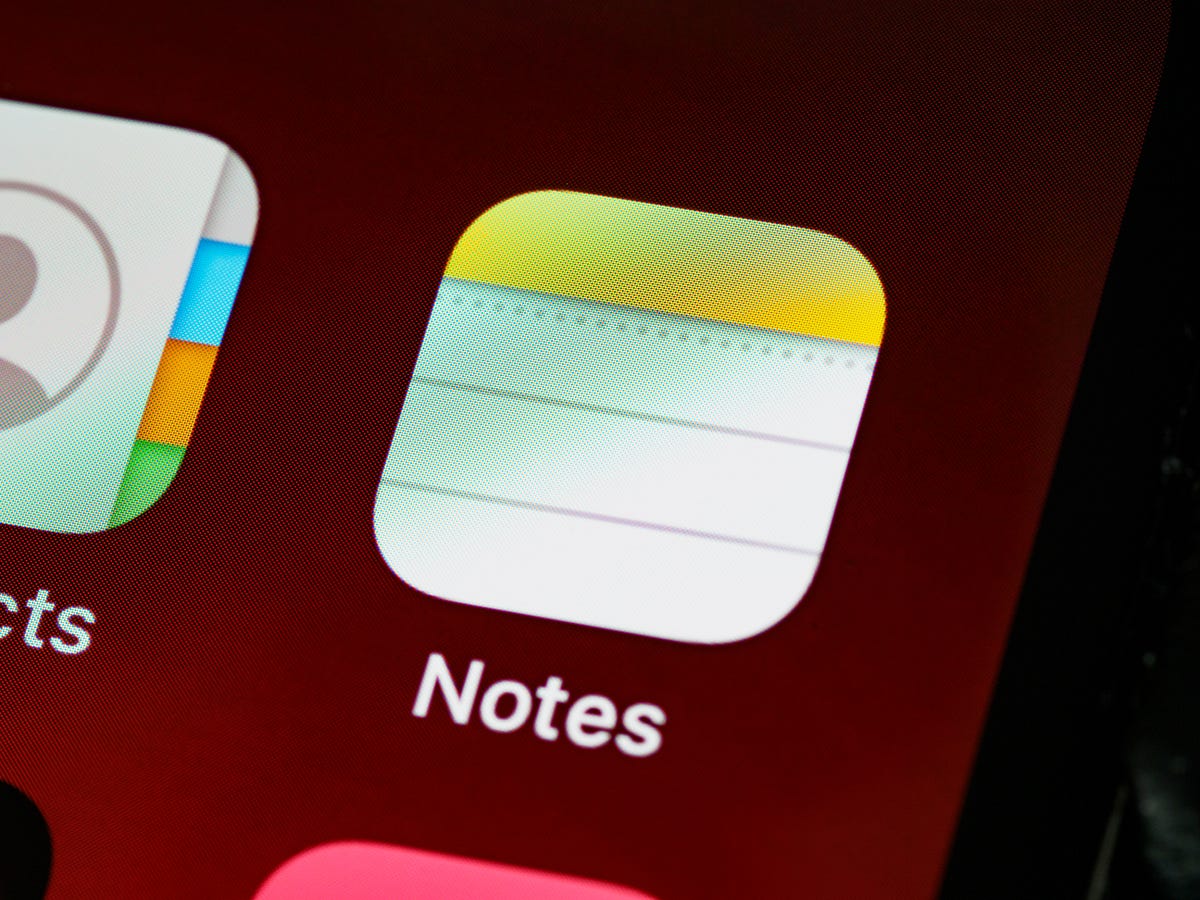Technology is its decentralized nature. Unlike traditional messaging systems servers, blockchain operates on a distributed network of nodes. This means there is no single point of failure or control harder for hackers to compromise the system. By eliminating intermediaries, blockchain enables direct peer-to-peer communication data interception and tampering.
Cryptographic security
Blockchain technology employs advanced cryptographic techniques to ensure the security and integrity of data. Each block in the chain is linked to the previous cryptographic hash, creating an immutable record of transactions. This makes it virtually impossible for anyone to alter or delete messages once recorded on the blockchain. Furthermore, blockchain uses public-key cryptography, where each user has a pair of keys – a public key for identification and a private key for encryption. This ensures that only the intended recipients decrypt and read the messages, preventing unauthorized access have a peek at this web-site notesonline.com.
Protecting user identities
Privacy is a significant concern in the digital realm, and blockchain technology offers a solution. By using pseudonymous identities, users communicate without revealing their true identities. Each user is represented by a unique address on the blockchain, which is not directly linked to their real-world identity. This allows individuals to engage in secure messaging while maintaining their privacy. However, it’s important to note that while blockchain provides a high level of anonymity, it could be more fool proof, and additional measures may be necessary to ensure complete privacy.
Tamper-proof record keeping
In traditional messaging systems, it’s relatively easy for malicious actors to manipulate or forge messages. However, with blockchain technology, every message is time stamped and stored in an immutable ledger. This creates a tamper-proof record of all communications, making it impossible for anyone to alter or delete messages after they have been sent. This feature is precious for online notes and other critical information requiring high authenticity and integrity.
Automating secure communication
Blockchain technology enables the use of smart contracts, self-executing contracts with the terms of the agreement directly written into code. These contracts are programmed to automatically enforce specific rules and conditions within a messaging system. For example, a smart contract could be set up to automatically encrypt messages based on predefined criteria or grant access to specific individuals based on their credentials.
This automation enhances the security and efficiency of communication, reducing the risk of human error and ensuring that messages are delivered securely and promptly. The decentralized nature of blockchain makes it inherently resilient against cyber-attacks. Since there is no central point of control, attackers would need to compromise a significant portion of the network simultaneously to disrupt the system.
Blockchain technology has the potential to address this issue by providing a common framework for secure communication across various platforms and devices. By leveraging block chain’s decentralized infrastructure, users communicate seamlessly and securely, regardless of the messaging app or platform they use. This interoperability not only enhances user experience but also strengthens the overall security of the messaging ecosystem.



